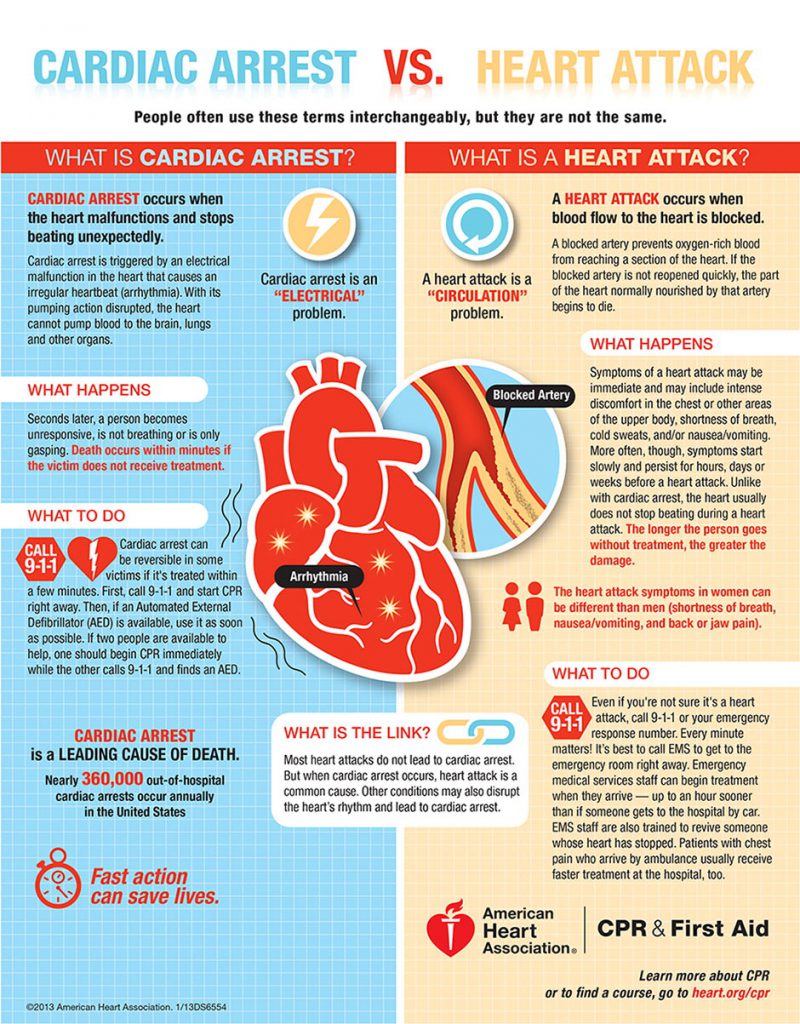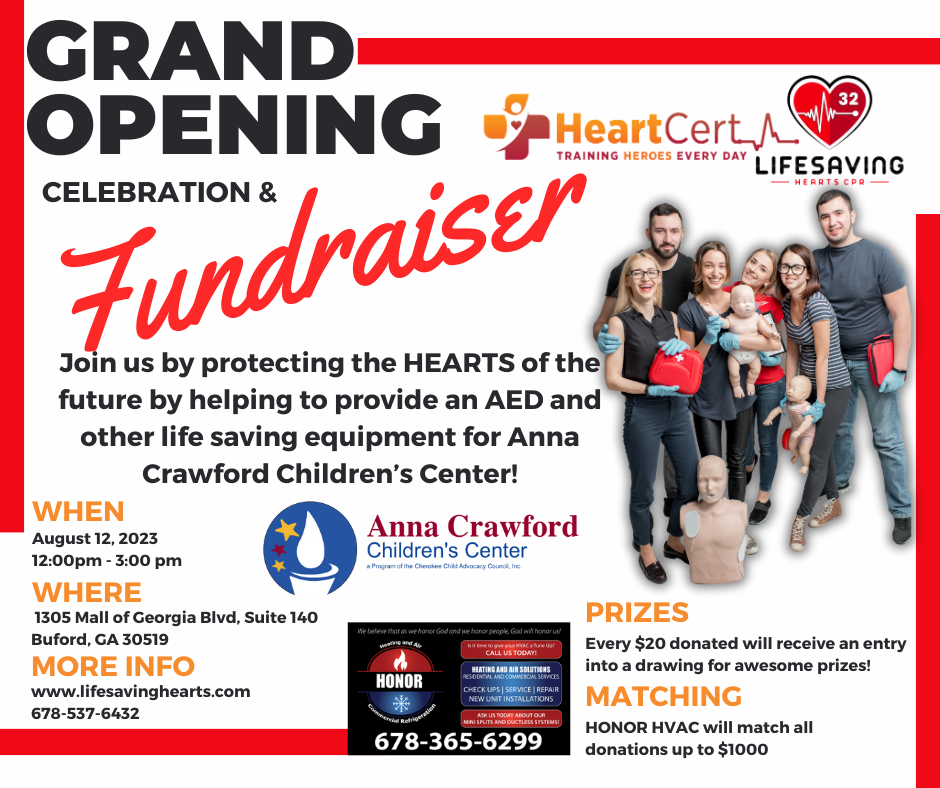
HeartCert and Lifesaving Hearts invite you to attend our newest locations’ grand opening celebration and fundraiser at our newest HeartCert training location in Buford Georgia. This event will be a meaningful way to give back to the local community and learn more about the valuable life-saving training programs offered by HeartCert.
This event will take place at our newest training facility in Buford, Georgia on August 12th, 2023 from 12pm-3pm.
Located at 1305 Mall of Georgia Blvd STE 140 Buford, GA 30519
The mind grows by taking in, but the heart grows by giving out.
Join us in protecting the hearts of the future by helping to provide an AED for Anna Crawford Children’s Center!
Related Read: Why Every Business Should Have an AED Onsite
Here is what we are fundraising for:
- Zoll 3 AED with extra pads
- AED Wall Cabinet and sign
- Bleeding control kit
- Narcan Kit
We could not be more pleased to share that local company Honor Heating and Air, will be doing a $1 for $1 company match up to $1,000!
This event is an excellent opportunity to support a worthy cause while also getting the chance to connect with our expert training instructors and learn more about all the courses we have available including CPR, AED, First-Aid, BLS and more.
Can’t make it to the event or not located in the Atlanta area?
You can still help the cause and make a donation here: Donate to Support Anna Crawford Children’s Center
At our event we will be offering door prize giveaways for donations received. For every $20 donated, people will receive 1 entry into the giveaway. We will have several different prizes and will draw for the winners at the end of the event (note winners will be notified the Monday following the event).
We hope to see you at our grand opening celebration. If you have any questions on this event or on training courses offered by HeartCert contact us today.
HeartCert CPR is your trusted training partner for CPR, ACLS, PALS, EMR, First Aid, CNA, IV, EKG and more, in Minnesota and throughout the United States.
HeartCert CPR courses include CPR/AED/First Aid, Basic Life Support (BLS), Advanced Cardiac Life Support (ACLS), Pediatric Advanced Life Support (PALS), Certified Nursing Assistant training, IV training, EKG training, babysitter basics and more. Courses and certifications from both the American Heart Association and American Red Cross are available.
We are now offering virtual CPR courses and certifications, as well as safe in-person courses at all locations and our headquarters, HeartCert CPR Eagan.

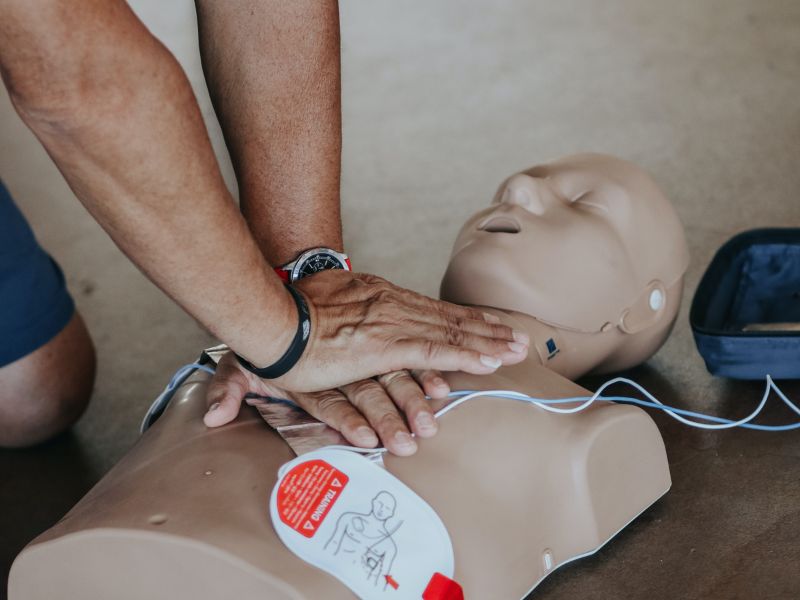


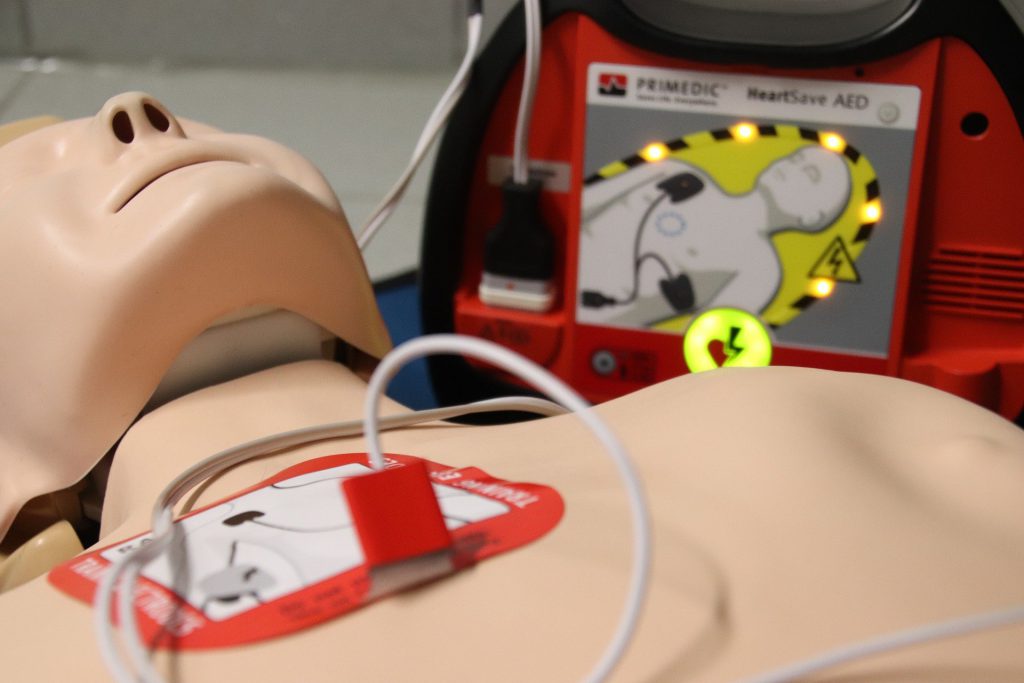


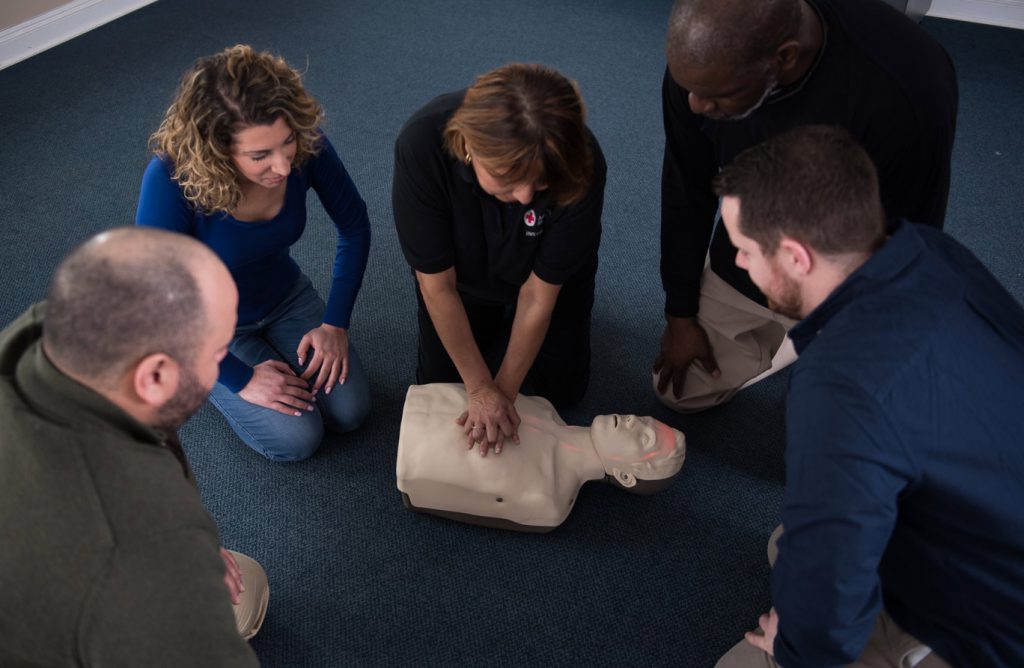

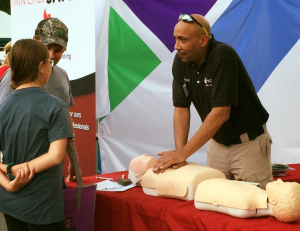
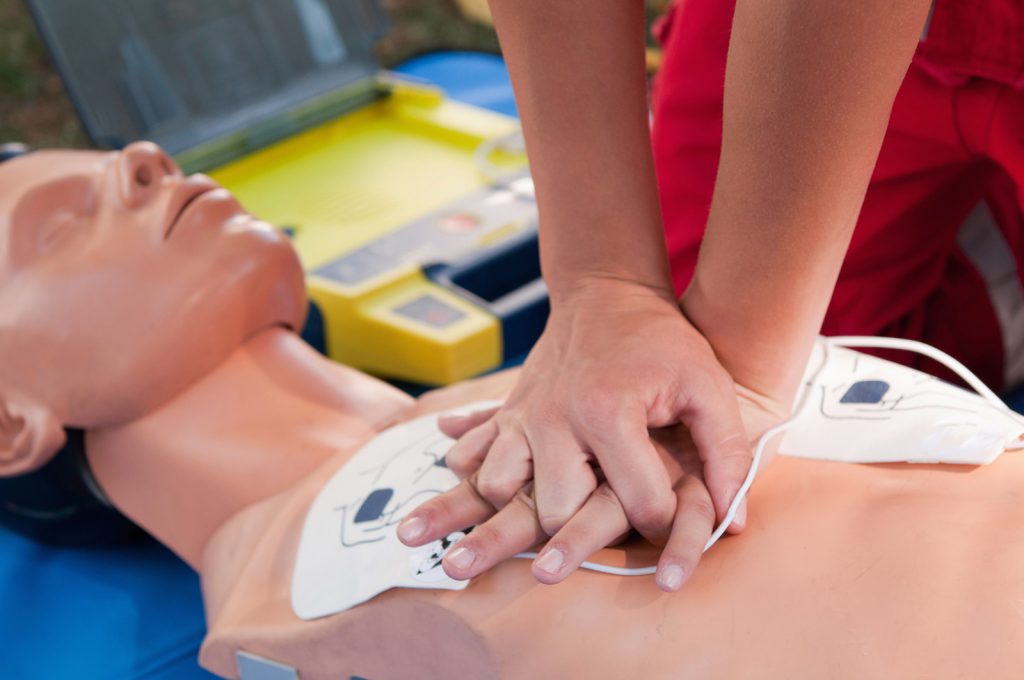
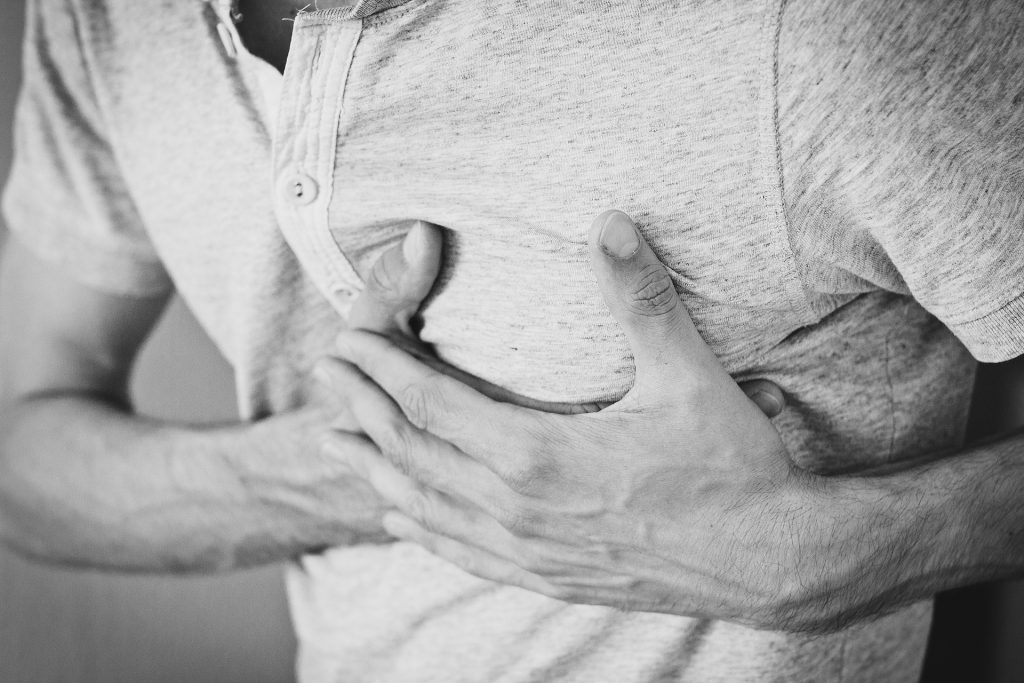 Would you know what to do if a loved one collapsed suddenly in front of you? Cardiovascular diseases are the most common cause of death in the world. CPR can be the difference between life and death. You can’t assume that someone else will step in – that’s why it’s so important to learn CPR. Getting certified is easier than you think.
Would you know what to do if a loved one collapsed suddenly in front of you? Cardiovascular diseases are the most common cause of death in the world. CPR can be the difference between life and death. You can’t assume that someone else will step in – that’s why it’s so important to learn CPR. Getting certified is easier than you think. 
